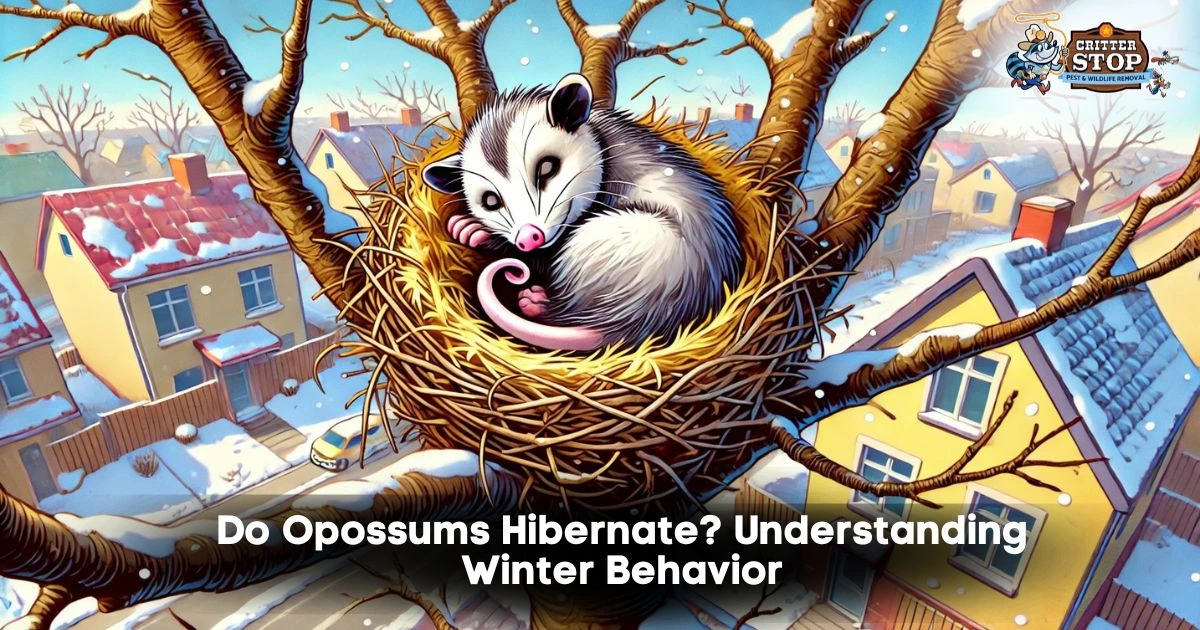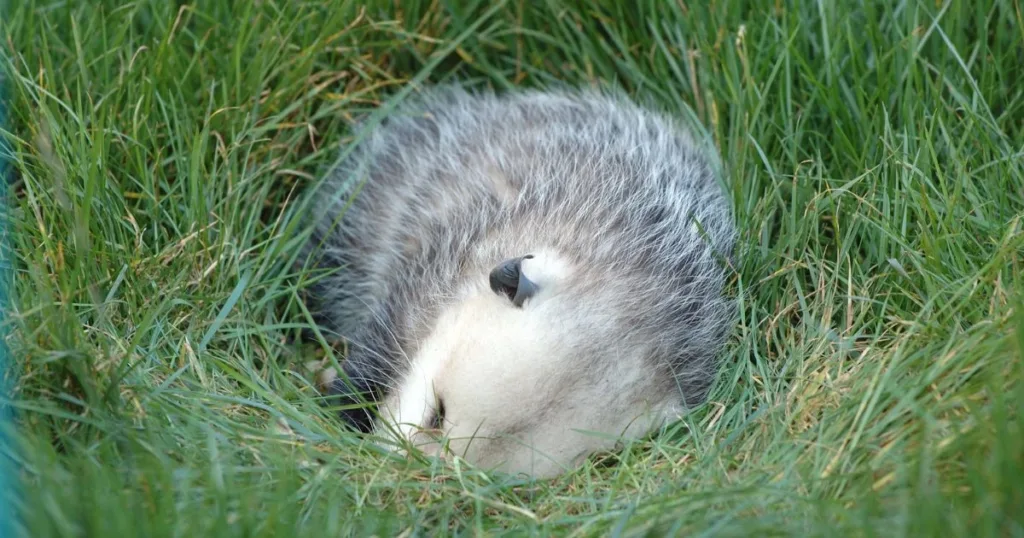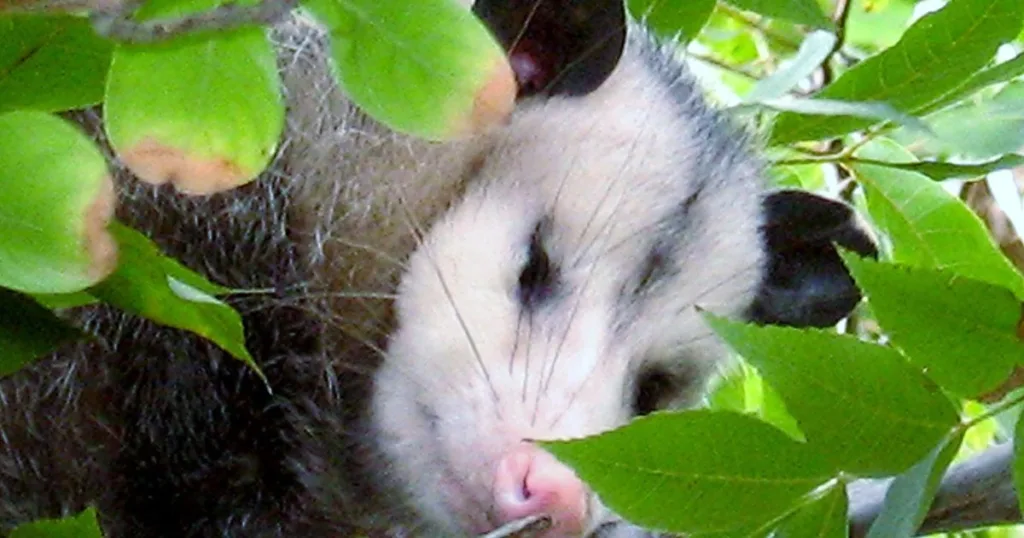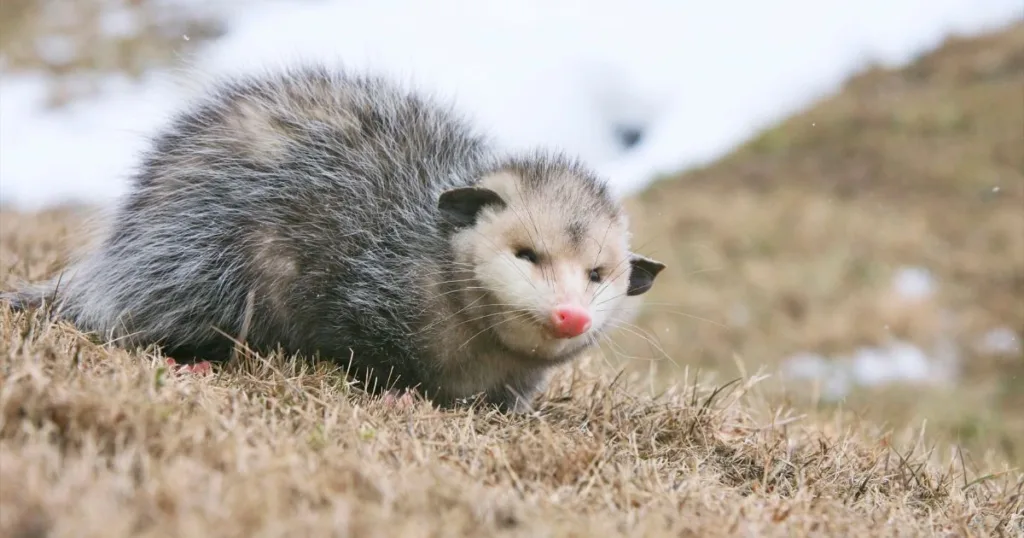
Do opossums hibernate? Opossums have a unique approach to surviving harsh winter conditions. Unlike many other mammals, opossums do not hibernate. Instead, they remain active throughout the winter, adapting to the cooler temperatures while searching for food.
As temperatures drop, these resilient marsupials may reduce their activity levels and take shelter in dens or other protective spaces. This strategy allows them to conserve energy without entering an actual hibernation state. Understanding how opossums cope in winter can illuminate their fascinating survival tactics.
By learning more about opossums and their behavior, you'll gain insights into the adaptability of wildlife in your region. Their ability to thrive year-round may surprise you, making them a remarkable species worth observing.

Opossums do not truly hibernate; instead, they exhibit behaviors that allow them to adapt to colder climates. Understanding their misconceptions and physical adaptations can clarify their survival strategies during harsh weather.
Many people believe opossums hibernate, but this is not accurate. While they experience a state of torpor, it is not the same as true hibernation. This state can occur in response to extreme cold and food scarcity, where opossums may enter a deep sleep for a short period.
When temperatures drop, opossums may reduce their activity and seek shelter in dens or safe spots to conserve energy. They rely on environmental cues rather than a fixed hibernation schedule. They remain active year-round in warmer climates, feeding on available food sources.
Opossums possess specific physical adaptations that aid their survival in cold weather. Their body temperature is lower than other mammals, averaging 94 to 95 degrees Fahrenheit. This lower body temperature allows them to conserve energy, reducing their need for food during scarce times.
Opossums have thick fur that offers some insulation during chilly months. They can also curl into a ball, which minimizes heat loss when resting. Their ability to temporarily lower their metabolic rate can help them endure short periods of severe weather without significant energy expenditure.

Opossums do not truly hibernate; they exhibit various seasonal adaptations to survive colder months. Their behavior around food sources and shelter is vital to their survival.
Opossums are opportunistic feeders. They adapt their diet based on seasonal availability. During warmer months, they consume fruits, insects, and small animals, ensuring a diverse intake of nutrients.
As cold weather approaches, their foraging patterns change. They may rely more on scavenging, seeking out carrion and leftovers to meet their energy needs. Opossums use their excellent sense of smell to locate food, allowing them to thrive even in scarce conditions.
In winter, when food is limited, their ability to eat a wide range of items becomes crucial. This dietary flexibility helps them survive until spring when food sources become abundant again.
Opossums seek shelter to protect themselves from harsh weather. They typically find safe spaces in dense vegetation, tree hollows, or abandoned burrows, which provide insulation against cold temperatures.
During the winter, opossums may use communal dens, which help retain warmth and enhance survival. They often utilize urban environments, finding refuge in attics, garages, or under decks.
Nesting sites are usually hidden and away from predators. Opossums may also line their nests with leaves or grasses to create a warmer environment. These strategies reflect their ability to adapt and thrive despite the challenges of winter conditions.

Managing the situation effectively is essential if you have opossums in your yard or home. Here are some steps you can take:
If you feel overwhelmed or unsure about handling opossums, consider contacting Critter Stop. They offer professional wildlife removal services and can provide a free inspection to assess your situation. Known for their high-quality work and excellent customer service, Critter Stop can help you effectively address any wildlife concerns. Call them at (214) 234-2616 for assistance.
You may have questions about opossums' hibernation behavior, especially their patterns in different climates and environments. Below are some common inquiries and their answers.
Opossums do not hibernate in the traditional sense. In colder climates, they may enter a state of torpor during extreme weather, which allows them to conserve energy, but they generally remain active as they search for food.
Opossums may reduce their activity during freezing temperatures or scarce food availability. Weather, food supply, and overall health influence whether they enter a state of torpor.
Research may explore hibernation behaviors to understand how opossums adapt to varying environmental conditions. Differences in habitat can lead to diverse survival strategies, informing conservation efforts.
Environmental cues include temperature drops and food shortages, which signal opossums to reduce their activity. These cues help them conserve energy and survive harsh conditions.
In urban areas, opossums may stay active longer due to consistent food sources from human waste. In contrast, rural opossums might hibernate or enter torpor more frequently due to harsher environmental conditions and food scarcity.
Visit our Critter Library and learn more about our furry friends